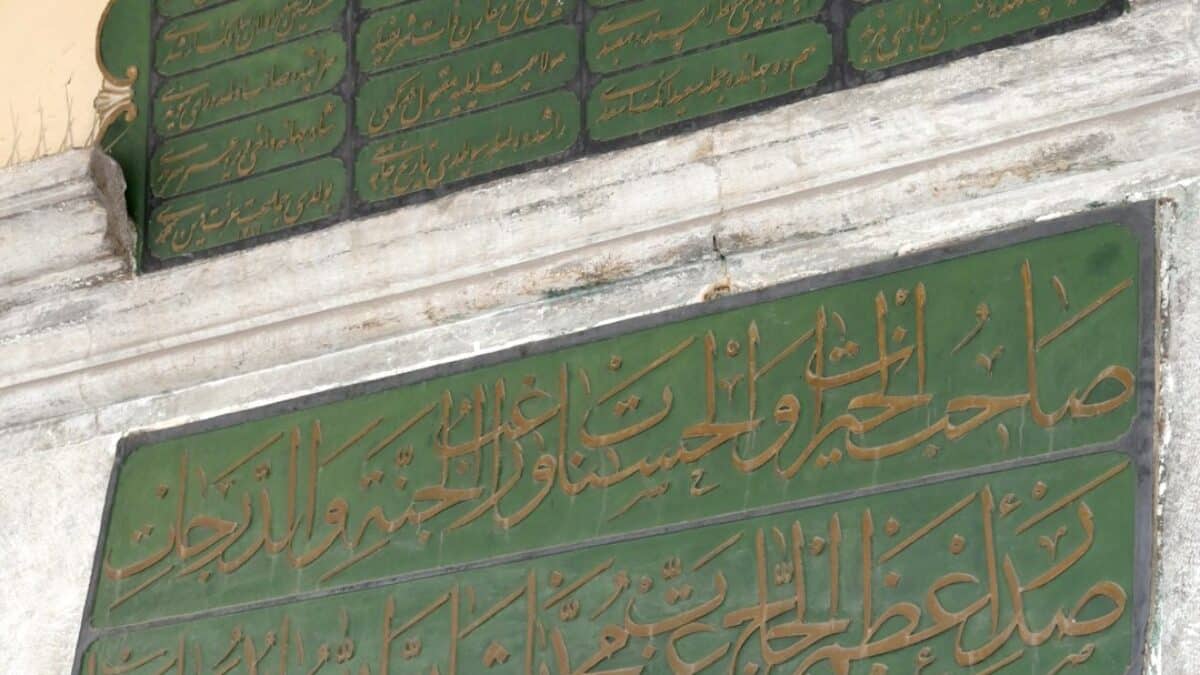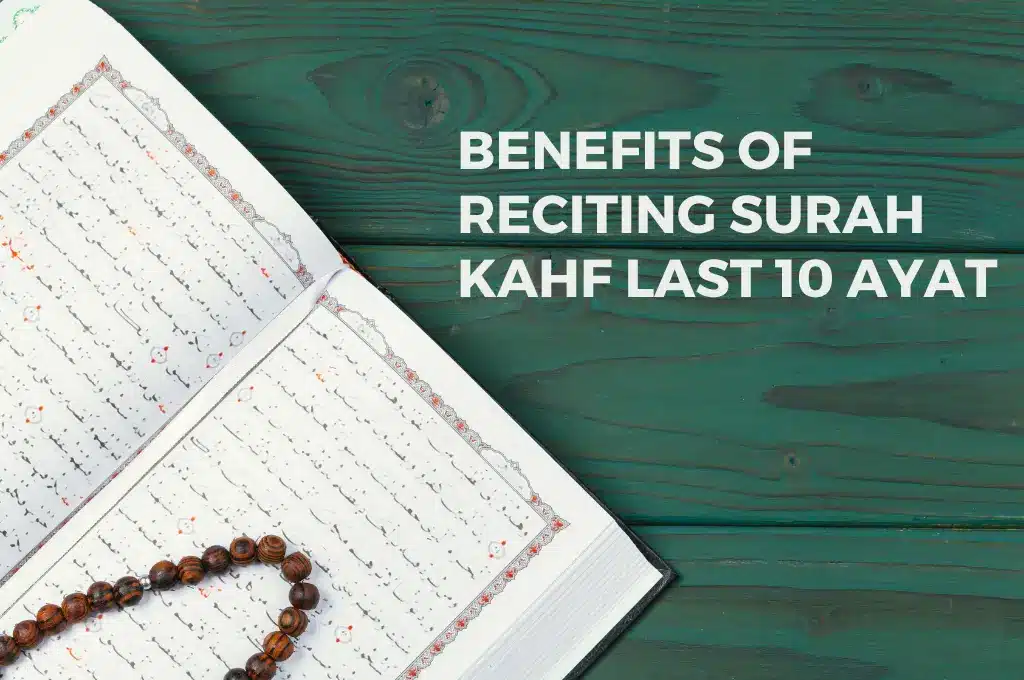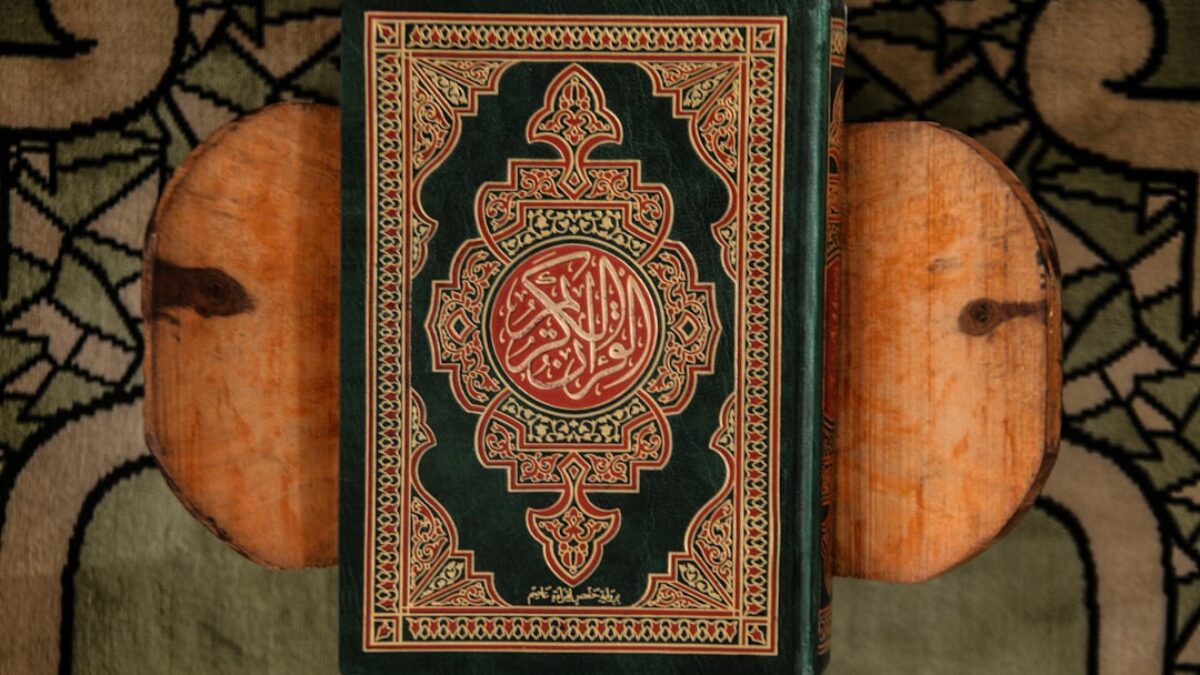Surah Al-Kahf, the eighteenth chapter of the Qur’an, is often recited on Fridays and is held in special reverence for its profound narratives and prophetic warnings. Beneath its beautiful verses lie four interconnected stories that illuminate the challenges of faith, wealth, knowledge, and power. When studied as a unified tapestry, these stories reveal timeless lessons and signal unmistakable End-Time secrets that resonate with our modern age. This ultimate tafsir peels back each layer, combining classical scholarship with contemporary insight so believers can internalize the surah’s guidance and fortify themselves against the trials of the Dajjal.
Understanding Surah Al-Kahf: Revelation Context, Structure, and Thematic Unity
When and Why It Was Revealed
Revealed in Mecca during a period of intense persecution, Surah Al-Kahf responded to three questions posed by the Quraysh to test the Prophet ﷺ. Rather than giving superficial answers, Allah presented four narratives that transcend time, each illustrating how believers must navigate four existential trials. The surah’s placement—shortly before the Hijrah—signals preparation for a long journey (both physical and spiritual) that will culminate in the Last Hour.
Macro-Structure of the Surah
- Verses 1–8: Prologue—praise of the Qur’an and warning against heedlessness.
- Verses 9–26: Story of the Ashab al-Kahf (People of the Cave).
- Verses 27–32: Interlude on the Qur’an’s preservation.
- Verses 33–44: Story of the two gardens and the trial of wealth.
- Verses 45–59: Parable of the life of this world.
- Verses 60–82: Journey of Musa and Khadir.
- Verses 83–98: Account of Dhul-Qarnayn.
- Verses 99–110: Epilogue—recapitulation and final warnings.
Four Trials, Four Answers
| Trial | Story | Key Verse | End-Time Parallel |
|---|---|---|---|
| Religious persecution & loss of identity | Ashab al-Kahf | 18:16 | Dajjal’s pseudo-messiah claim |
| Wealth & materialism | Two Gardens | 18:32 | Consumerist global culture |
| Seeking knowledge without humility | Musa & Khadir | 18:66 | Information overload & arrogance |
| Political power & injustice | Dhul-Qarnayn | 18:86 | Unjust world orders & Gog & Magog |
Key Components of the Four Stories
1. The Sleepers of the Cave: Steadfastness Amid Spiritual Crisis
Plot Summary
A handful of youths flee a pagan king enforcing emperor-worship. They take refuge in a cave, invoke Allah, and miraculously awaken centuries later to a society transformed by monotheism.
Key Lessons
- Exclusivity of Worship: They reject every compromise (18:14).
- Strategic Withdrawal: Physical hijrah (migration) is sometimes necessary to protect faith.
- Divine Preservation: Allah guards the sincere even if they appear to “lose” in worldly terms.
End-Time Secret
Modern Dajjal culture pressures believers to conform—be it through LGBTQ+ ideology or riba-based economies. The cave becomes a metaphor for digital detoxes, homeschooling, and intentional Muslim communities that create safe spaces for iman.
2. The Parable of the Two Gardens: The Illusion of Self-Sufficiency
Plot Summary
Allah contrasts a wealthy, boastful man whose two gardens produce abundantly with a poorer but grateful companion. A storm annihilates the gardens overnight, teaching the arrogant man humility.
Key Lessons
- Wealth is a test, not a verdict.
- Gratitude (shukr) multiplies blessings, while ingratitude invites loss.
- Everything perishes except righteous deeds.
End-Time Secret
Global capitalism promises “perpetual growth” through fiat currencies and speculative markets. The parable warns that economic collapse can arrive as suddenly as the storm, making zakat, sadaqah, and hard-asset diversification spiritual necessities.
3. Musa and Khadir: Divine Wisdom Beyond Human Logic
Plot Summary
Musa ﷺ, eager to learn, accompanies the enigmatic Khadir on a journey. Three puzzling incidents—a damaged boat, a slain child, and a rebuilt wall—challenge Musa’s moral compass until Khadir reveals the hidden wisdom in each.
Key Lessons
- Apparent evil may contain khayr (good).
- Seeking knowledge requires patience and humility.
- Not all divine wisdom is accessible to human intellect.
End-Time Secret
AI algorithms, social engineering, and geopolitics often seem senseless. The story teaches sabr (patience) and trust in al-Hakim (the All-Wise) when the bigger picture is obscured. Believers are urged to make du’a for clarity before judging events hastily.
4. Dhul-Qarnayn: Just Power vs. Oppressive Power
Plot Summary
Dhul-Qarnayn, a righteous king endowed with both knowledge and resources, travels to the extremities of the earth. He establishes justice, assists the weak, and erects an iron barrier to contain the tribes of Gog and Magog.
Key Lessons
- Authority must serve justice.
- Preparation (planning, resources, and technology) is part of worship when done for Allah’s cause.
- Barriers are temporary; only Allah’s decree is ultimate.
End-Time Secret
Modern nation-states, transnational corporations, and digital firewalls attempt to control populations. The surah predicts that Gog and Magog will breach every barrier as a sign of the Hour, imploring believers to build spiritual ramparts through taqwa, community, and ethical tech.
Benefits and Importance
Protection Against Dajjal
The Prophet ﷺ said, “Whoever memorizes the first ten verses of Al-Kahf will be protected from the Dajjal.” Scholars explain that the surah’s internalization equips believers with four shields:
- Truth vs. Falsehood (Ashab al-Kahf)
- Detachment from Materialism (Two Gardens)
- Spiritual Insight (Musa & Khadir)
- Moral Governance (Dhul-Qarnayn)
Friday Recitation: A Weekly Reset
Reciting Surah Al-Kahf every Friday acts as a weekly spiritual reset, reminding us of the four trials before they reappear in the week ahead. It also creates a communal rhythm that binds the Ummah across time zones and languages.
Practical Applications
Personal Spiritual Plan
- Pre-Dawn Reflection: Read verses 1–10 with tafsir every Friday before Fajr.
- Asset Audit: Schedule a monthly session to calculate zakat, review investments, and ensure they comply with sharia.
- Knowledge Intention: Before every seminar or podcast, recite “O Allah, grant me beneficial knowledge”—echoing Musa’s humility.
- Digital Hijrah: Designate one screen-free hour nightly to recite Surah Al-Kahf or its commentary.
Community Initiatives
- Study Circles: Host weekly circles where each of the four stories is discussed alongside contemporary case studies (e.g., cancel culture vs. Ashab al-Kahf).
- Financial Literacy Workshops: Teach members how to use waqf, ethical mutual funds, and gold-based savings to counter the illusion of the two gardens.
- Youth Retreats: Organize cave-themed overnight camps focusing on unplugging from social media, journaling personal “idols,” and recommitting to Allah.
Corporate and Policy Level
Executives can draw from Dhul-Qarnayn’s model: resource planning, stakeholder justice, and transparent governance. A Muslim fintech, for instance, can establish a “Barrier Fund” to protect small investors from predatory algorithms and riba.
Frequently Asked Questions
What is the best time to recite Surah Al-Kahf?
The Prophetic Sunnah encourages recitation anytime between Maghrib Thursday and Maghrib Friday. Some scholars prefer Thursday night because the Islamic day begins at sunset. The key is consistency, not the exact hour.
Can women recite Surah Al-Kahf aloud in mixed gatherings?
Yes, provided the gathering observes proper etiquette. Women scholars like Umm Salamah narrated hadith publicly. The principle is modesty of voice and conduct, not silence.
How do the four stories connect to the Dajjal specifically?
Each story neutralizes one of Dajjal’s weapons:
- Ashab al-Kahf counters Dajjal’s religious persecution.
- Two Gardens exposes his material miracles.
- Musa & Khadir unravels the deception of his apparent knowledge.
- Dhul-Qarnayn prefigures the final geopolitical struggle before his release.
Together, they act as a vaccine against the Dajjalic system.
Is there a recommended dua to pair with Surah Al-Kahf?
Upon completion, recite: “Allahumma inni a’udhu bika min fitnatil-masih ad-dajjal” (O Allah, I seek refuge in You from the trial of the Dajjal). This combines Qur’anic reflection with prophetic supplication.
How can parents teach Surah Al-Kahf to children effectively?
Story Nights: Use bedtime storytelling to dramatize each narrative. Visual Aids: Create flipbooks illustrating the cave, the storm, the boat, and the iron wall.
























Post Comment